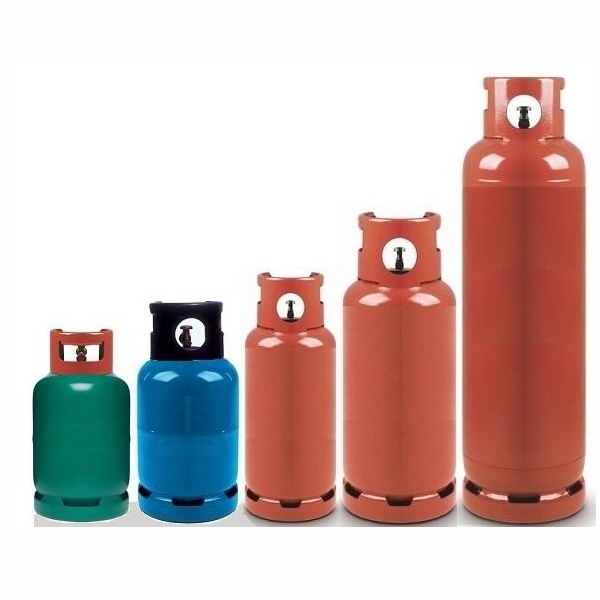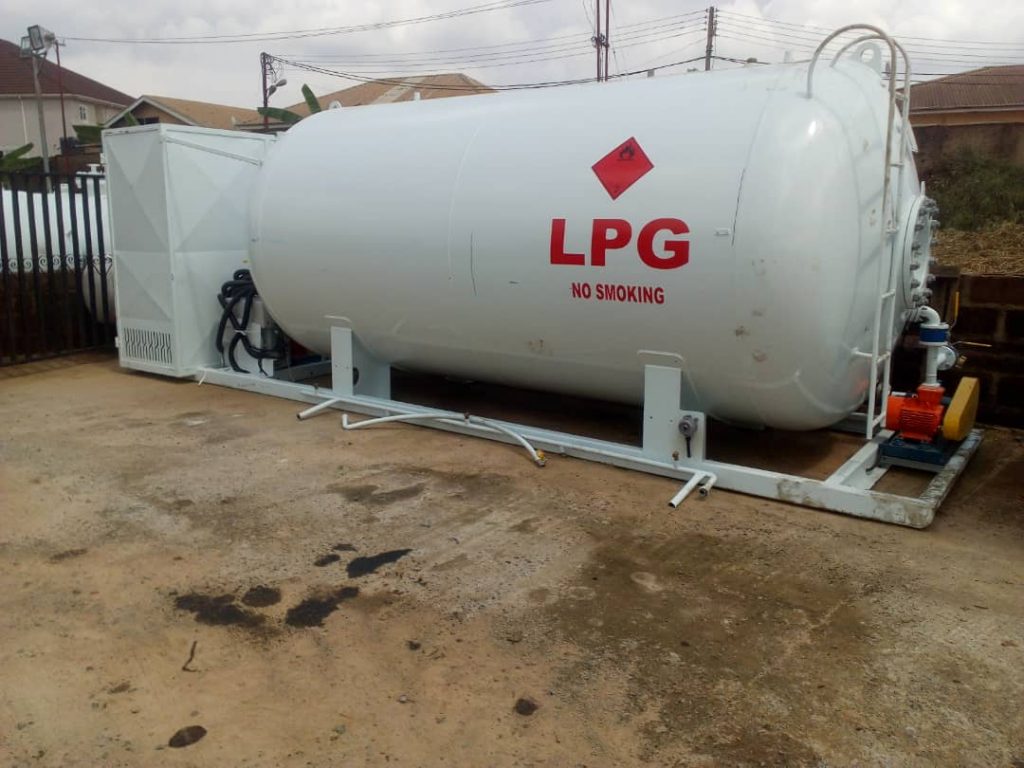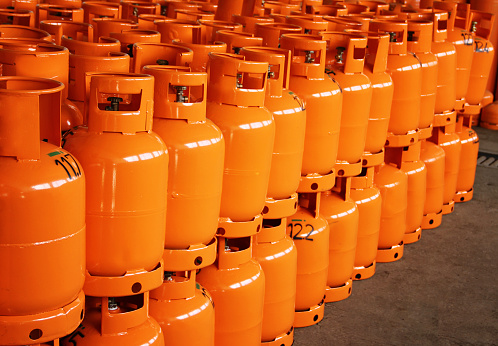Nigeria’s most economically successful state wants to go it alone, improving gas feedstock supply in a bid to woo private power project investors
Lagos State is attempting to rewrite the rules of Nigeria’s power sector by developing an independent power project (IPP) programme, based on both pipeline gas and liquefied natural gas (LNG), that would also lead to the creation of its own mini grid within the national grid structure.
The state envisages some 3 gigawatts (GW) of new gas-fired power capacity being deployed in the next three-to-five years, building on the 900 megawatts it already takes from the national grid. To achieve this, it wants to sanction the construction of 10 IPPs at strategic locations around the state, selling on the power at what will be “cost-reflective” tariffs, according to Wale Oluwo, the state’s commissioner for energy and mineral resources.
Aside from well-financed commercial consumers, this could present a challenge for the many Nigerian consumers who have grown accustomed to subsidised power—and even more so for those paying less or nothing via illegal connections.
But Oluwo is confident that Lagos can make private power investments work, despite the failure of a nationwide electricity sector privatisation launched earlier this decade to improve power provision in many parts of the country.
“We want to get the effects of cross-subsidy, so those that are poor pay a reasonable price, while richer customers pay much more,” he told Petroleum Economist at an Africa Power Roundtable held by DLO Energy in London last month. Lagos plans to crack down harder on electricity theft by securing more prosecutions and imposing heavier fines.
Investor guarantees
Lagos is attempting to assuage investors by providing three-month rolling letters of credit to support the power purchase agreements. These would be signed between the distribution companies, the state government and embedded power providers.
Nigeria is Africa’s most populous nation, with a population of close to 200 million, but can only count on around 4GW of functioning power capacity, following years of underinvestment and mismanagement. Ghana has a similar capacity but a population of only 30 million, while South Africa has a capacity of 50GW for a population of around 56 million.
Lagos differs from much of the rest of Nigeria in its high population density—some 22 million are crammed into the smallest state—and its role as the Nigeria’s main economic hub.
Oluwo said the state’s relatively developed transmission network and the presence of a large pool of commercial customers able to pay for an enlarged and reliable network puts Lagos is in a better position to attract private sector investment. The national power privatisation programme may have foundered, but it has at least put in place structures to allow Lagos to attempt its own version.
Supply stability
Stability in gas supply will be key to the plan, and at present Nigeria relies on gas piped largely from the Niger Delta region for its feedstock – pipelines that are regular targets for militants or vandals.
Because investors will look unfavourably on IPPs that could suffer periodic feedstock shortages, Oluwo wants to import LNG to smooth out supply when pipelines are out of action or can’t match demand.
Lagos State is in talks to secure one of two floating storage and regasification units (FSRUs) from Golar. The largest, the Golar Tundra, can carry out regasification at 750m cubic feet a day. The Tundra was destined for use in Ghana, but is being redeployed after the surrounding infrastructure there wasn’t completed on time.
Oluwo hopes an FSRU will be operational off the Lagos coast within two years, but hopes 1GW of the planned 3GW will be in place before then, based on improved pipeline supply.
The overall plan’s pricing structure depends on securing the LNG at prices fixed for two or three years to offer power price guarantees likely to be acceptable to IPPs and their customers.
“For the LNG suppliers it is in their interest, because the prognosis for the LNG markets is that the price will tend to trend downwards globally, and if that is the case, it is in the interest of the suppliers to lock down on the price now,” Oluwo said.
He concedes that not everyone sees it like that, and that talks with international LNG traders have often been protracted. While Lagos says it has entered into “an understanding” with suppliers for LNG provision, no final agreements have been announced.
Wooing NLNG
Lagos is also in talks with the country’s own LNG export facility, Nigeria LNG, which Oluwo hopes can be persuaded to provide long-term LNG supply at controlled prices. NLNG is currently being expanded from its current 22m tonnes a year (t/y) capacity to 30m t/y.
The Federal government seems to be on board with Lagos’s overall plan—the Nigerian Electricity Regulatory Commission said in 2017 it had no objection to it. So, Lagos wants the government to persuade its fellow NLNG shareholders Shell, Total and Eni to cut a supply deal. The government owns 49% of NLNG via the Nigerian National Petroleum Corporation and has in the past suggested some gas from the facility might be directed to the domestic market. The facility on Bonny Island already supplies liquefied petroleum gas domestically.
Lagos also wants to develop supplementary waste-to-power projects, which would have the added benefit of helping to tackle the state’s growing waste disposal problem.
With the LNG supply and IPP deals yet to be signed, Lagos state could struggle to achieve its goals in the timeframe it envisages. The plan’s chances of becoming a blueprint for other Nigerian states is undermined by the fact that few have the same advantages in terms of latent demand from relatively affluent commercial customers, and the reach of existing electricity transmission infrastructure.
Source: Petroleum Economist




